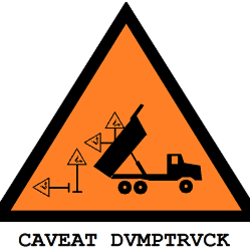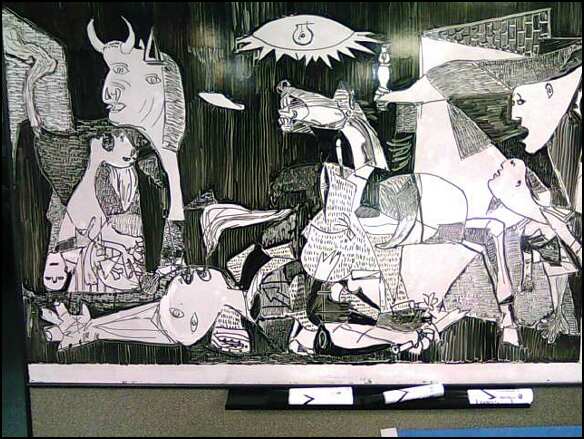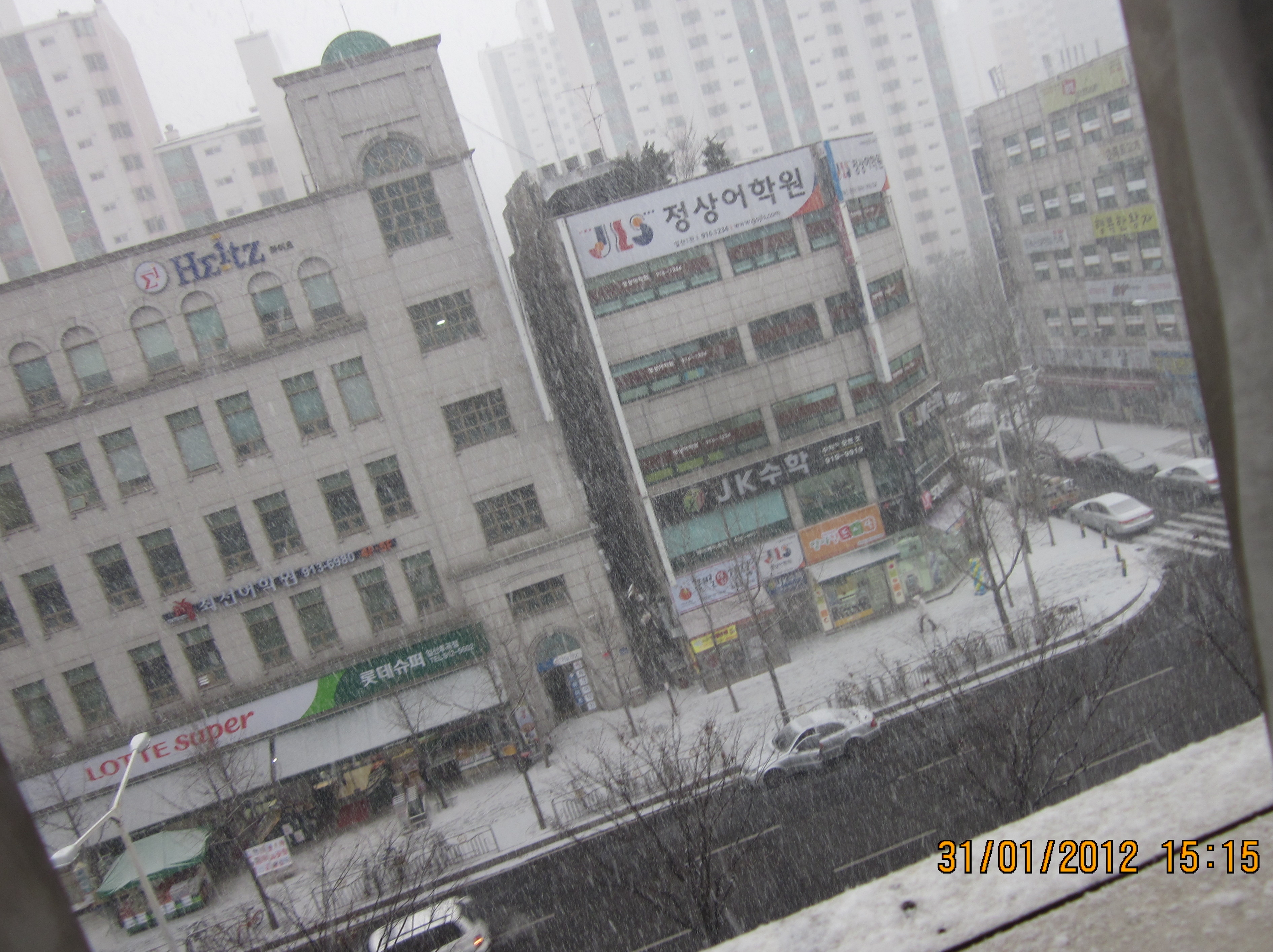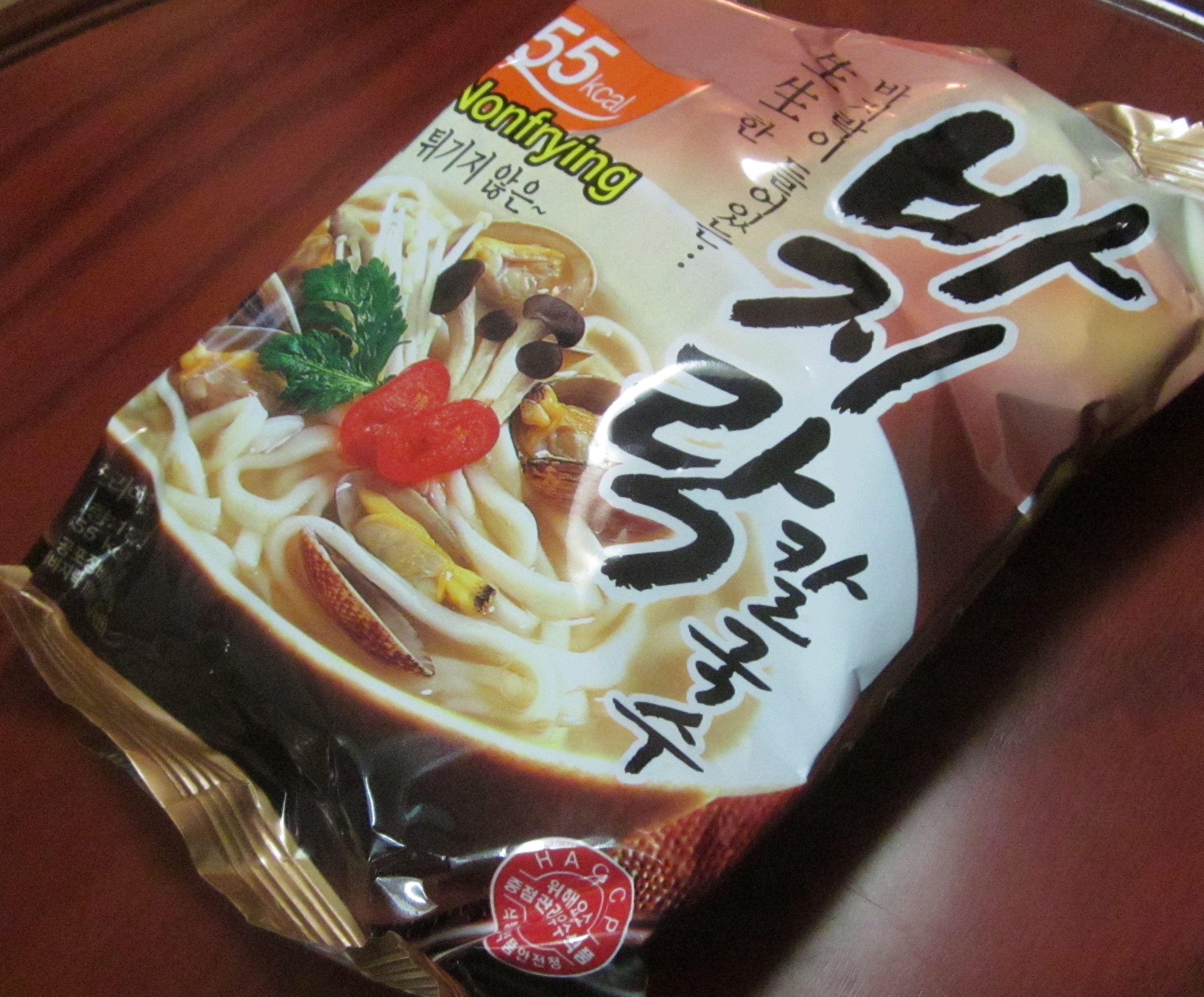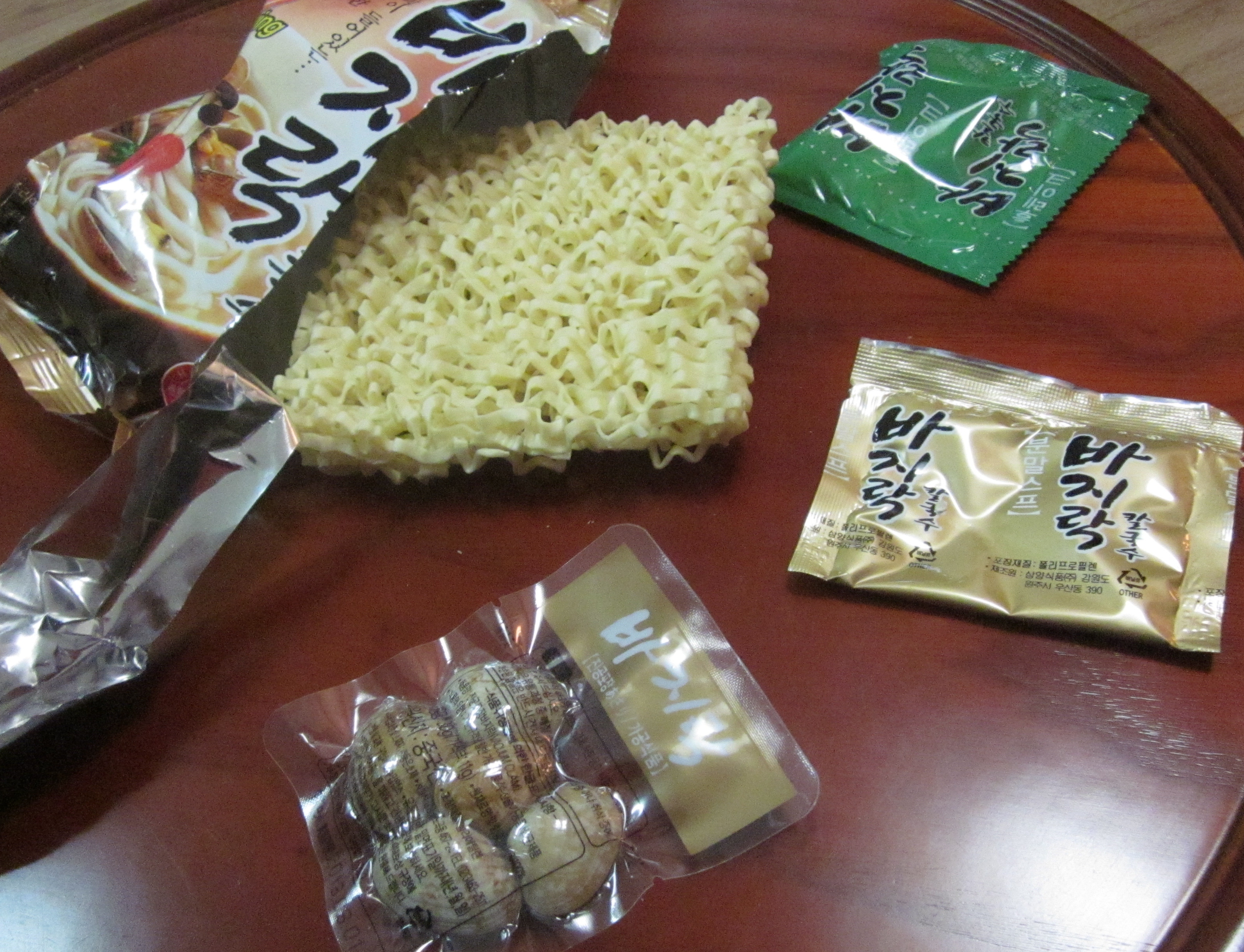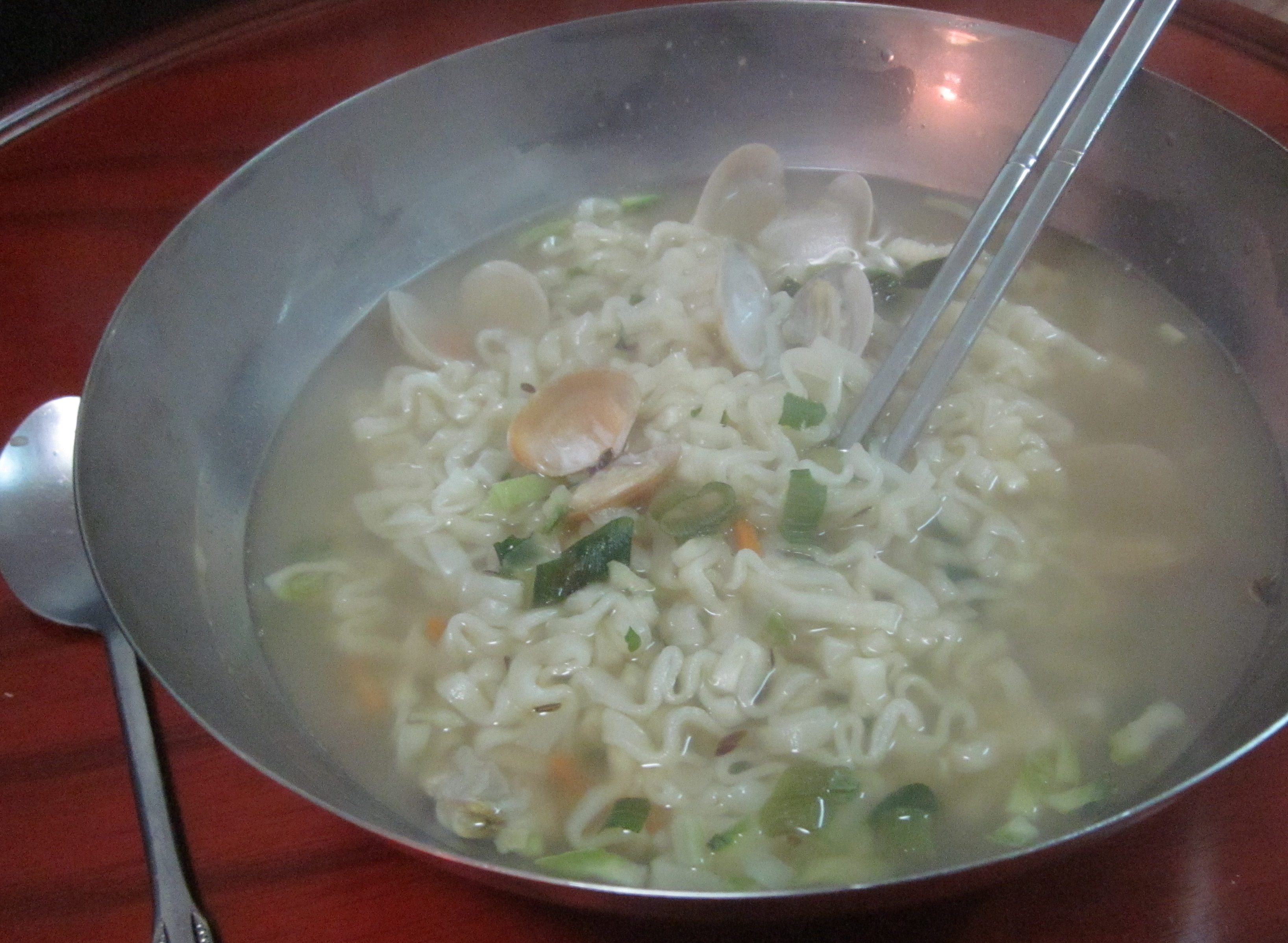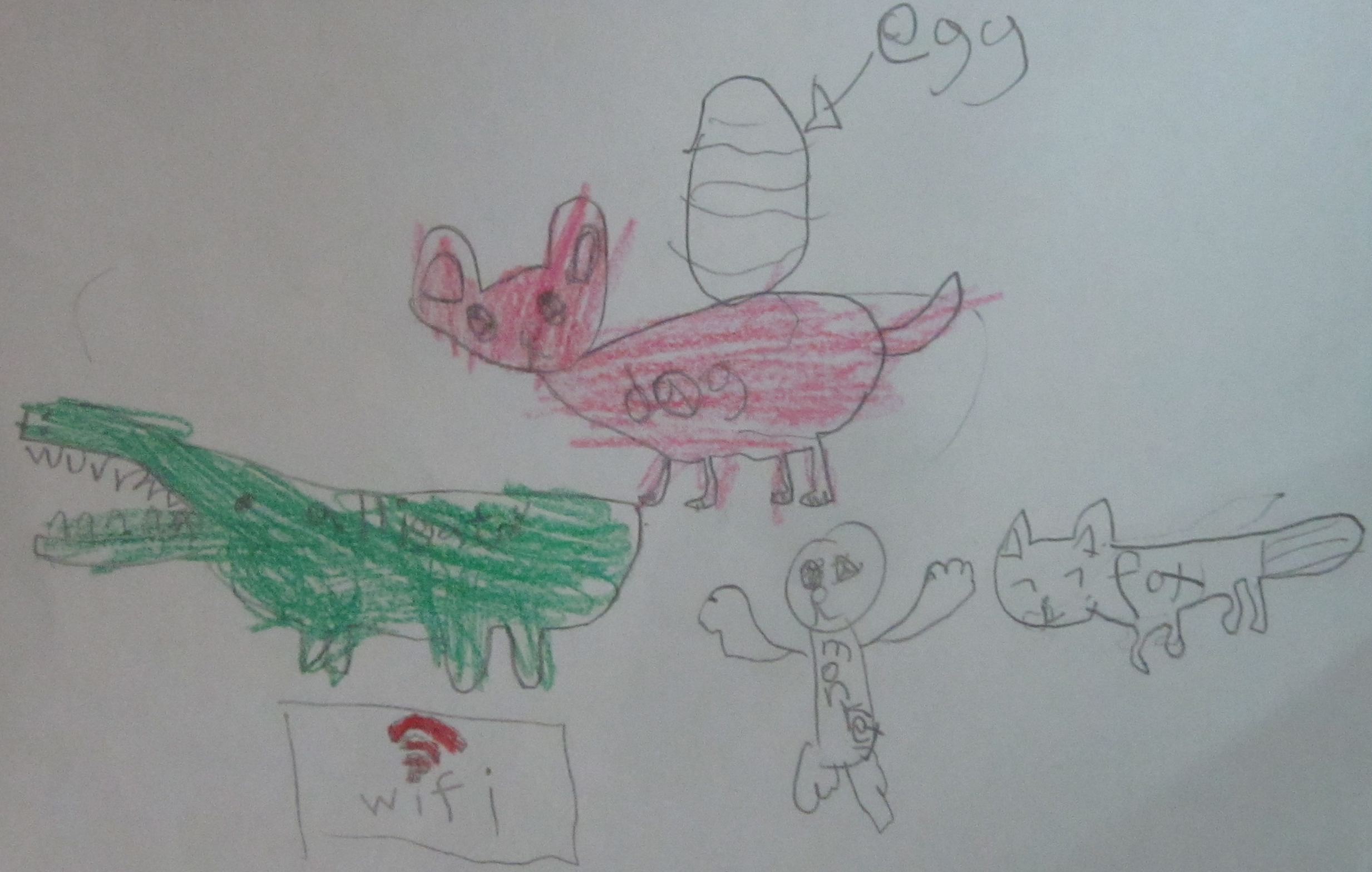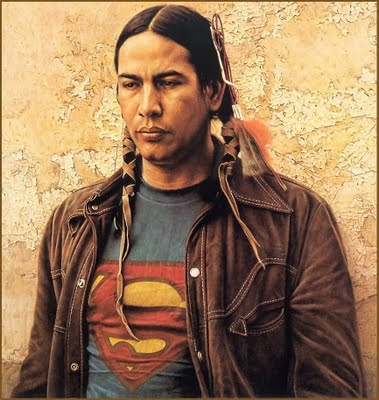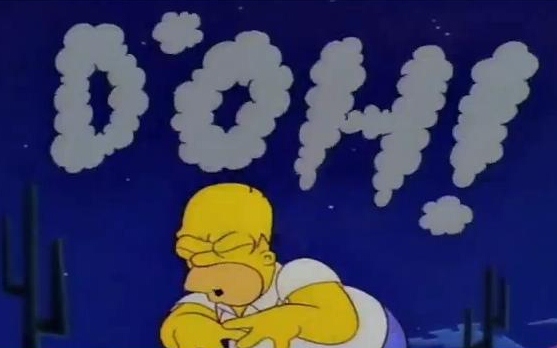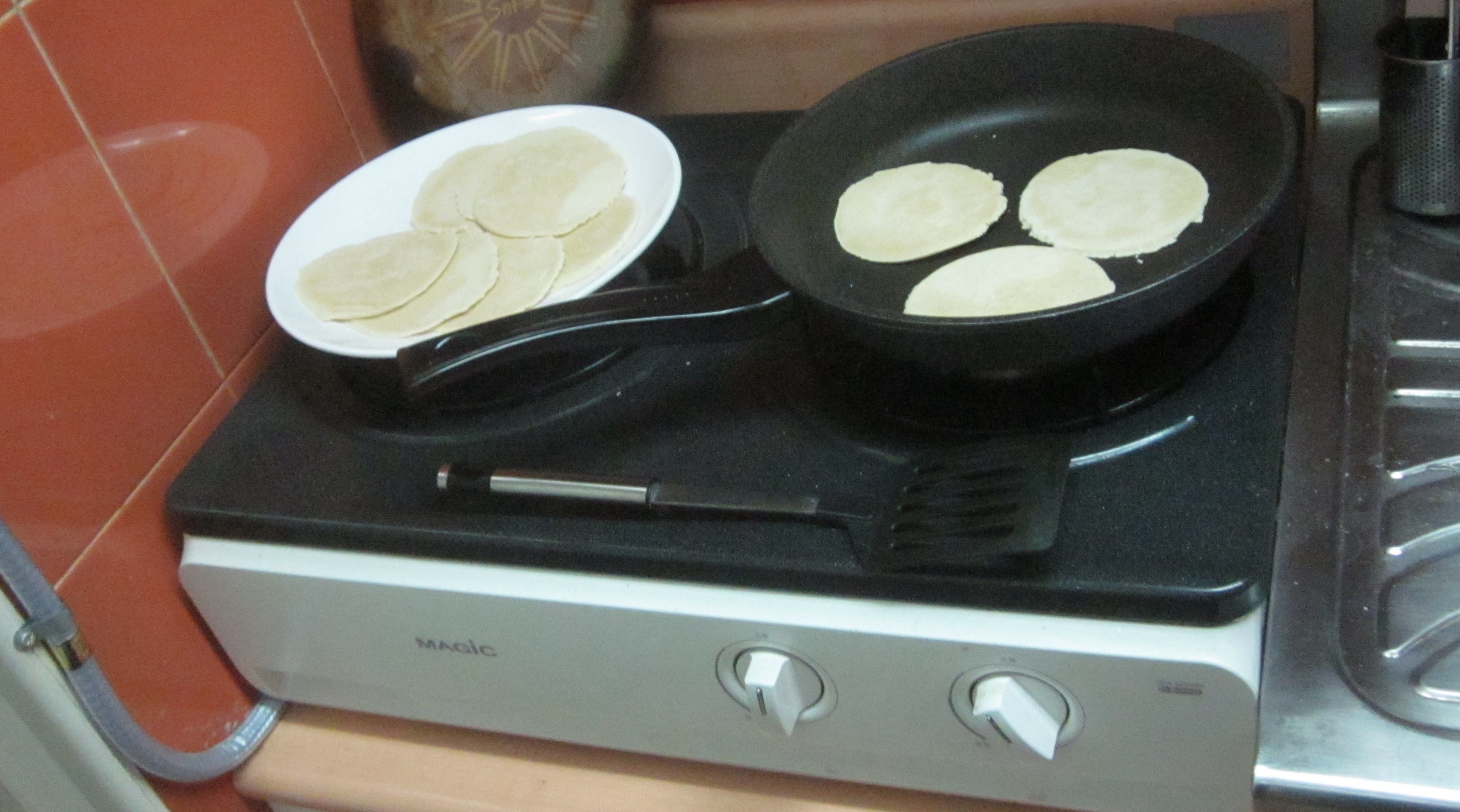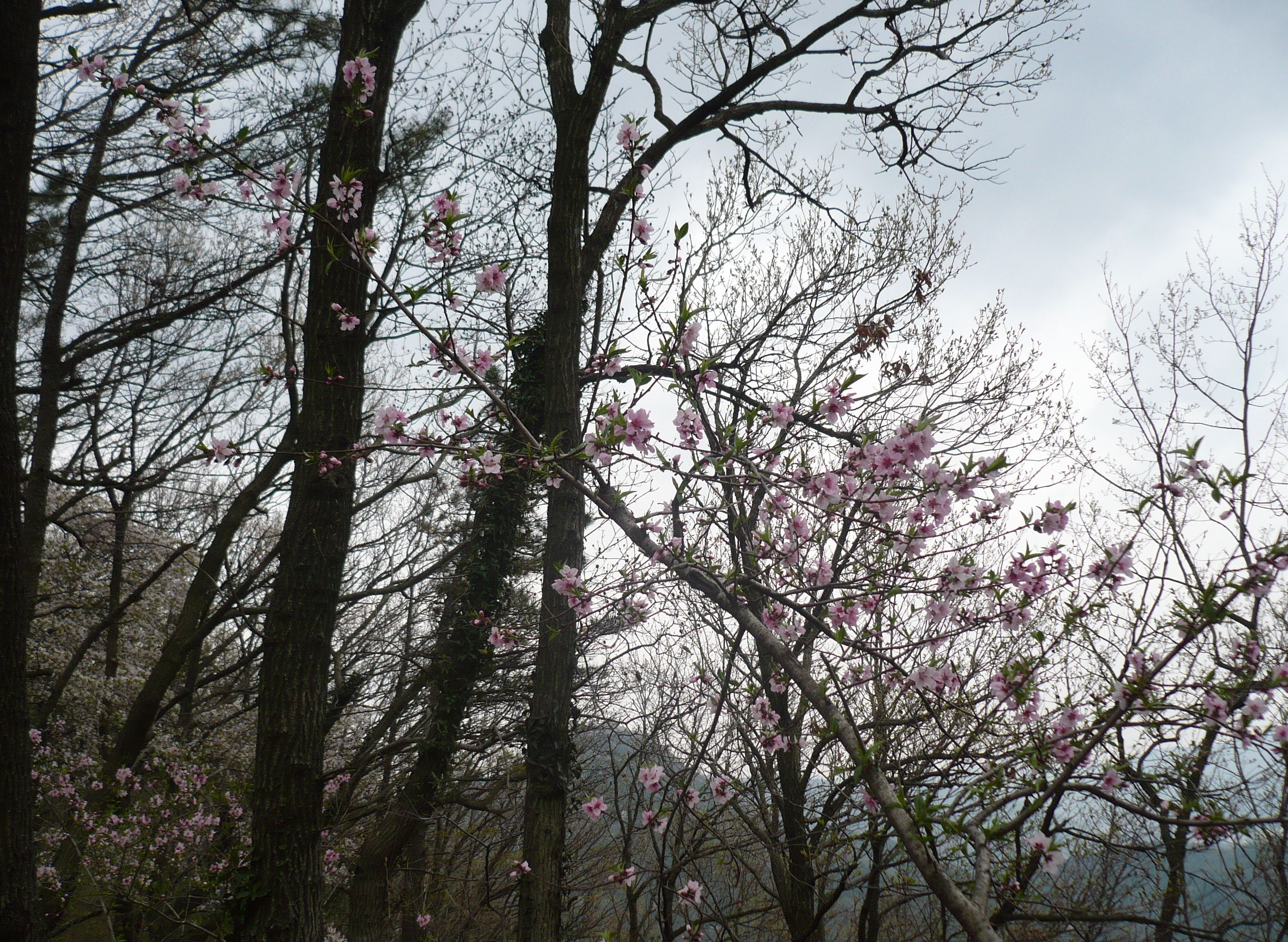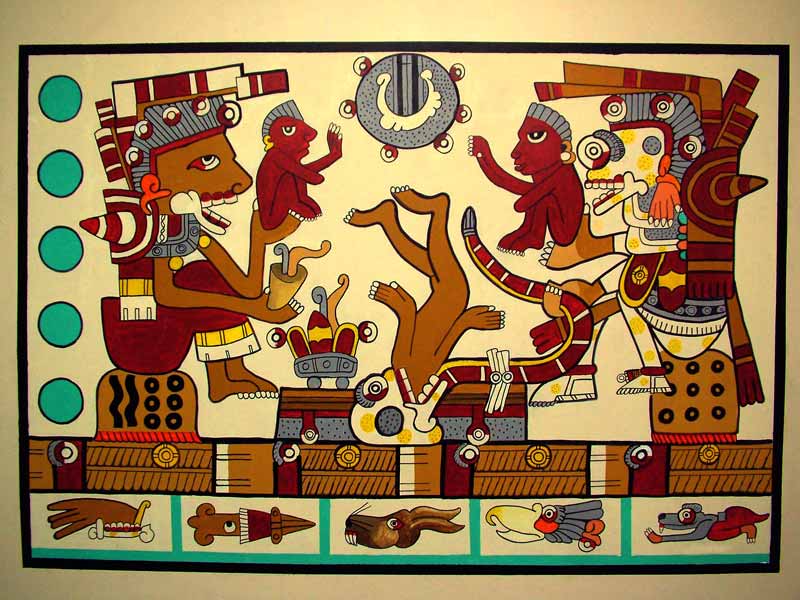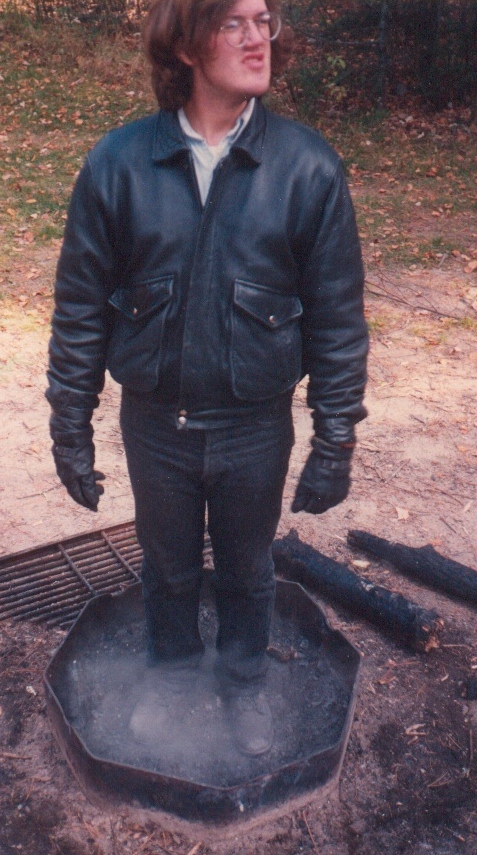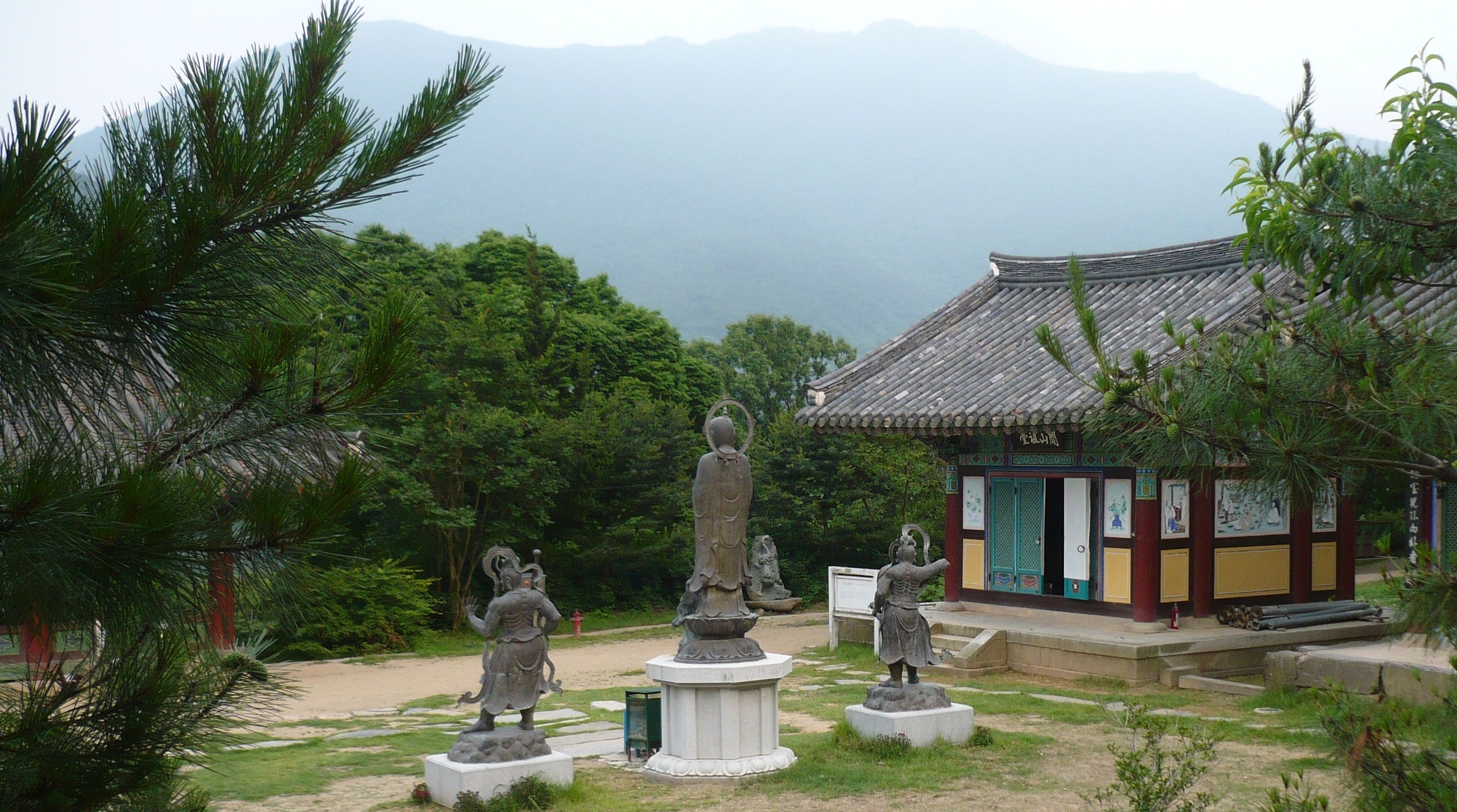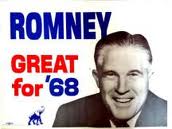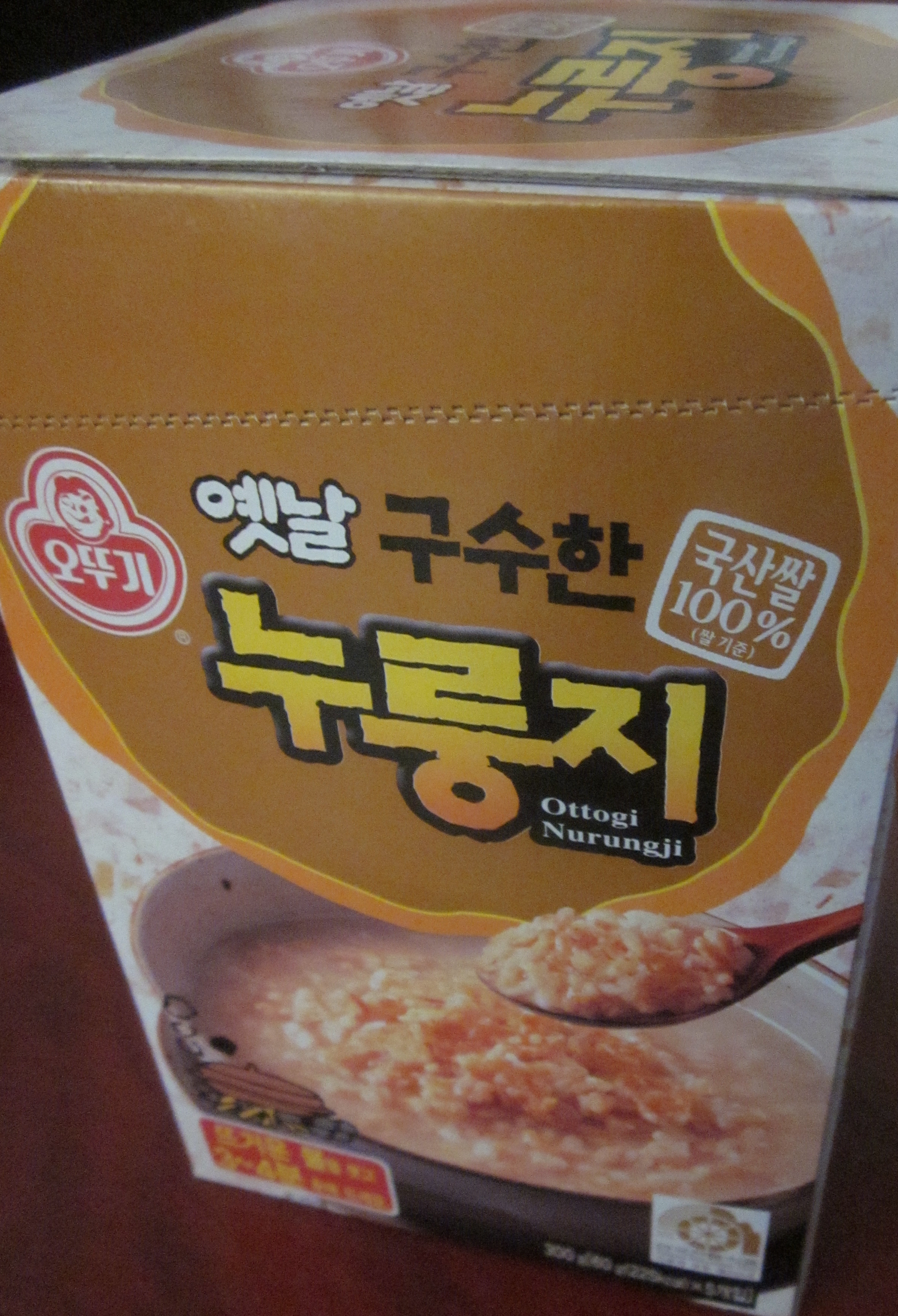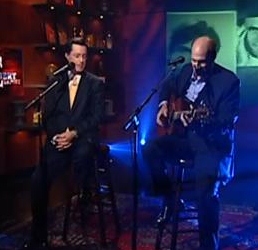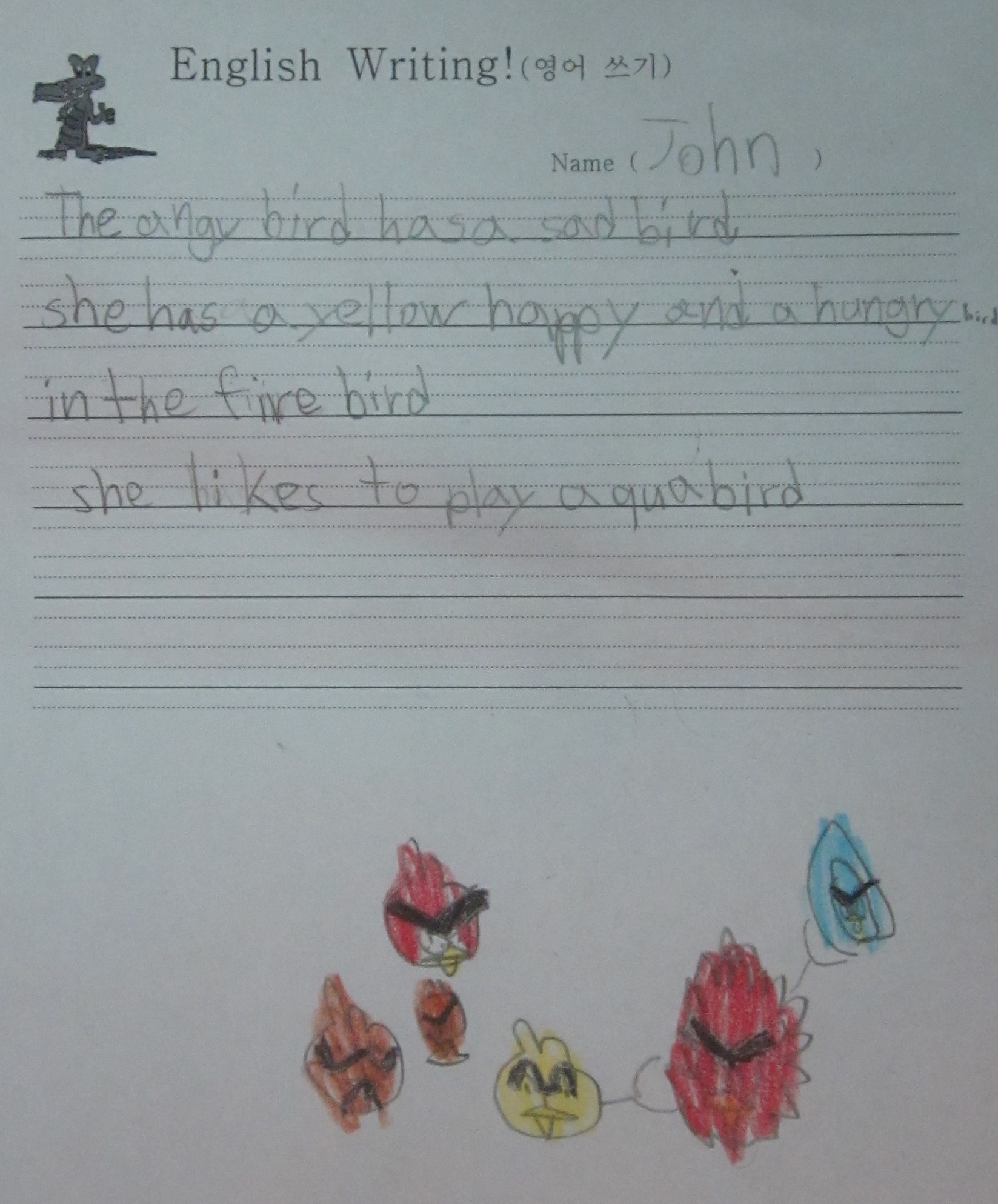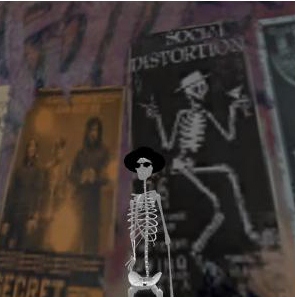I have first grade student named Ye-dam who doesn’t like to draw pictures. This is quite unusual. Who ever heard of a first grader who didn’t like to draw pictures?
Today, however, she showed that despite not enjoying drawing pictures, she has a highly functional imagination. We were doing our weekly activity where I have them make a story (based on a fairly structured frame that I give to them) and then draw a picture. Her story was: “What’s in the skeleton? A zombie is in the skeleton. A 투명인간 is in the skeleton.” Her illustration was a cursory stick figure with another stick figure inside it. I examined her story and picture.
“Is this the skeleton?” I said, pointing at the big stick figure. She nodded.
“It’s pretty good,” I said – because I believe in positive feedback, regardless of the quality of stick-figure skeletons. Ye-dam really likes skeletons.
“What’s this, then?” I asked, pointing at the smaller stick figure.
“Zombie,” she said, as if it were obvious.
“So,” I asked, not sure how to continue. Tentatively, I asked, “Where’s the 투명인간 [tu-myeong-in-gan]?” I didn’t know what a 투명인간 is.
“Teacher!” she exclaimed, exasperated. “투.. 명.. 인.. 간..” As if enunciating it carefully would make the meaning more clear to me. There was then a heated conversation between Ye-dam and some other students, the gist of which was that, “silly, teacher, doesn’t know what 투명인간 is.”
“Right,” I said, encouragingly.
Ye-dam sighed a heavy sigh, realizing she was going to have to explain this to me.
She talks to herself, sometimes. She thought outloud, in Korean. “Hmm, how’s this? 투명인간?” She proceeded to draw a very elaborate and detailed figure of a person. And then she erased it.
“보지? [See?]”
I shook my head. I thought she’d changed her mind.
“투명인간!” Pointing at the erased figure.
I shook my head. Confused.
She sighed. She then drew another elaborate and detailed and interesting figure. It took her some time. I was patient. Then she erased it. And pointed.
“볼 수 없어… [can’t see…]” she said.
It dawned on me, suddenly.
 “Invisible man?”
“Invisible man?”
She and the other kids all shrugged. They gazed at me with cute, blank faces. They didn’t know English, either, right?
I drew a stick figure on the blackboard using dotted lines. And lightly erased it.
Everyone nodded. Ye-dam was very excited. She was hopping up and down.
I said, “You draw very good invisible people.” She grinned shyly.
We admired her drawing together. The stick figures, and the 투명인간.
